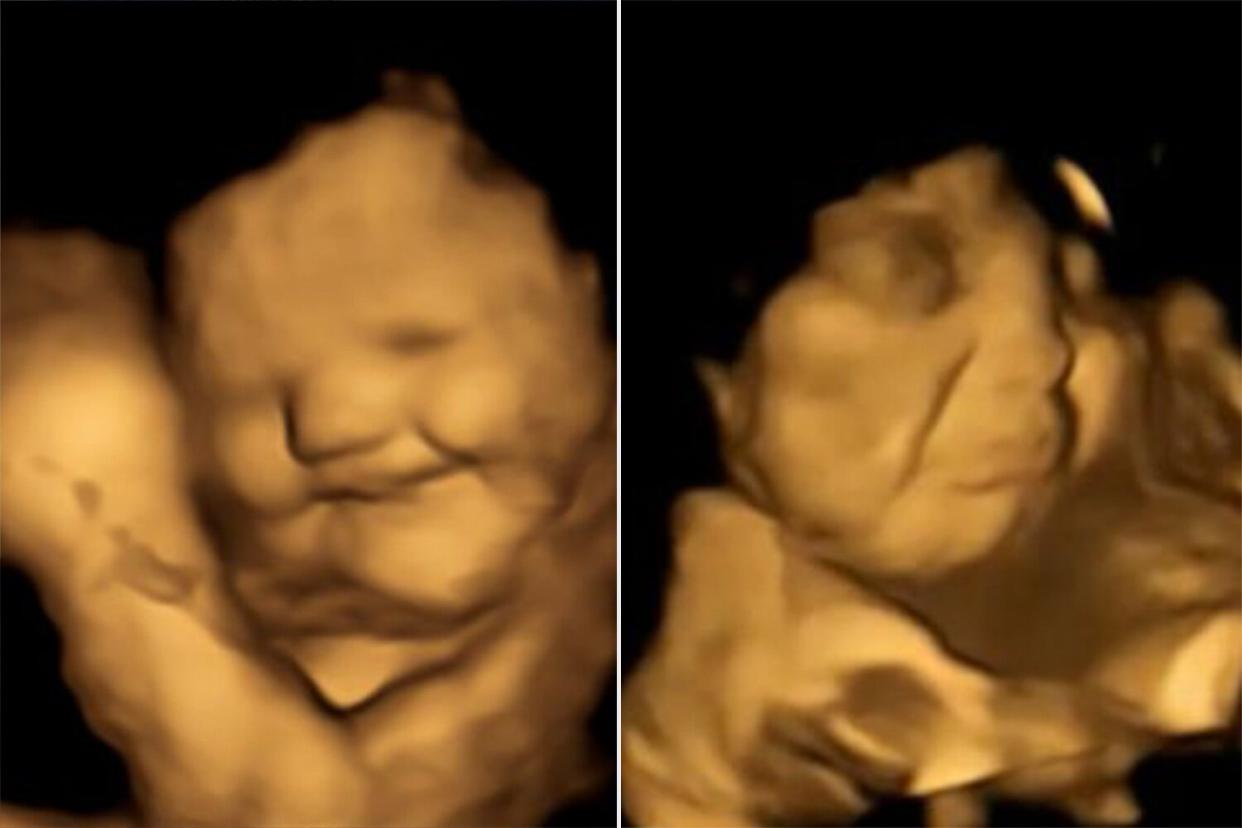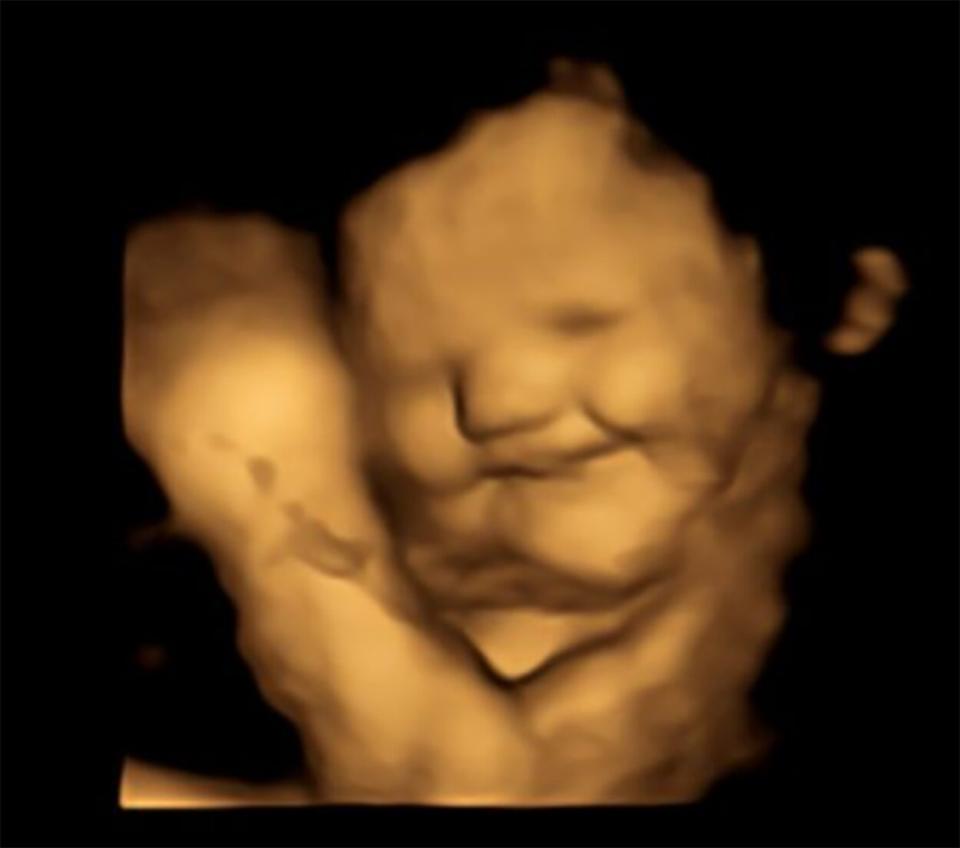Babies in Womb Smile When Mother Eats Carrots, Frown When Given Kale, New Study Shows

Fetal and Neonatal Research Lab/Durham University
Fetuses in the womb smiled after their mothers ate carrots but grimaced after they ate kale, new research shows.
Findings were released Wednesday from a new study of nearly 100 pregnant women and their fetuses in England in which the mothers were fed capsules filled with powdered versions of kale and carrots.
For the study, which was published in the Sage Journals, researchers gave 35 women the equivalent of one medium-sized carrot while 34 women consumed the equivalent of 100 grams of chopped kale. The rest of the participants did not consume either.
According to researchers, the fetuses in the study were at 32 to 36 weeks gestation. The participants in the research consisted of white British women between the ages of 18 and 40 with "healthy, singleton fetuses."
Never miss a story — sign up for PEOPLE's free daily newsletter to stay up-to-date on the best of what PEOPLE has to offer, from juicy celebrity news to compelling human interest stories.

Fetal and Neonatal Research Lab/Durham University
RELATED: From Charlotte to Theodore — Here Are the Most Popular Baby Names in the U.S. for 2021
After 20 minutes, 4D ultrasound images showed varying facial reactions from the fetuses depending on what they were fed.
The fetuses exposed to the carrot appeared to be smiling while those exposed to kale looked to be grimacing. The control group did not have the same responses.
"We are the first ones who could actually show on an ultrasound scan the facial expressions in relation to the food which the mother has just consumed," said Nadja Reissland, a co-author of the study and head of the Fetal and Neonatal Research Lab at Durham University, per NBC News.
Researchers also found that facial responses to the flavors became more complex as the fetuses matured.
Reissland noted that she believes the new study could help our "understanding of how exposure to flavors in the womb affects eating habits later in life," NBC News reports.


